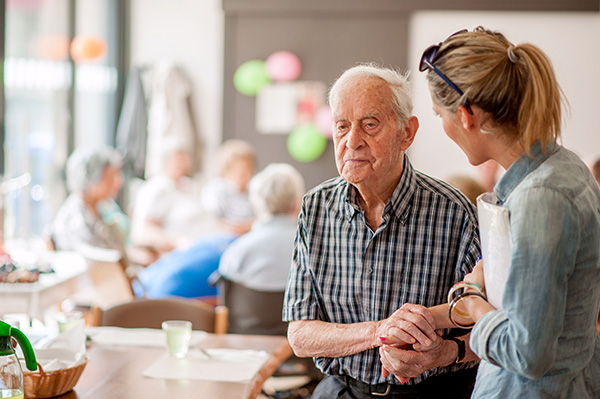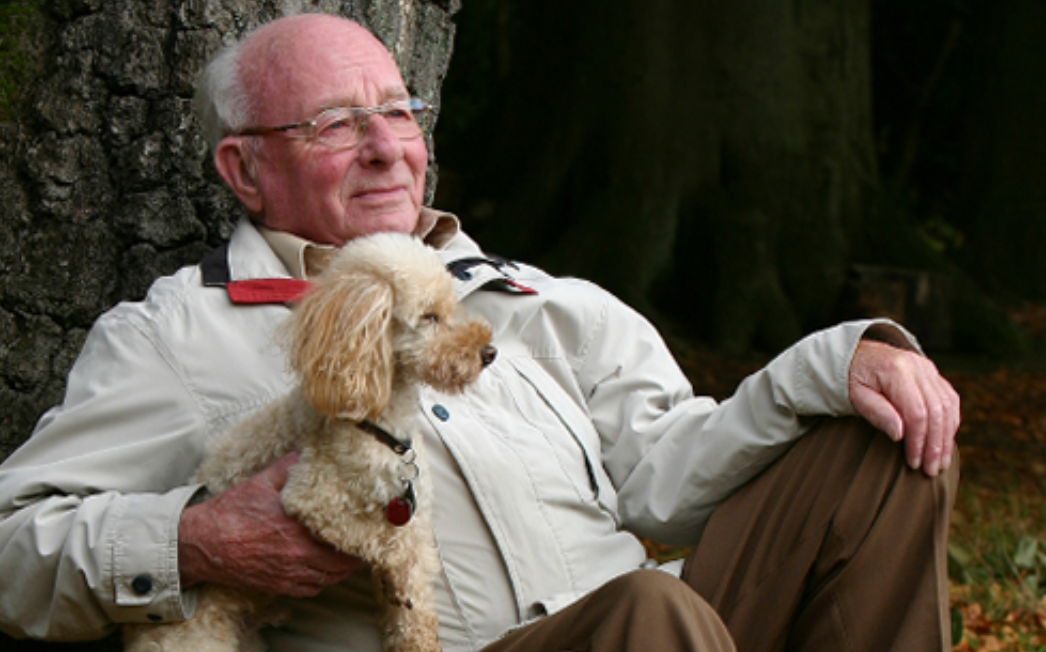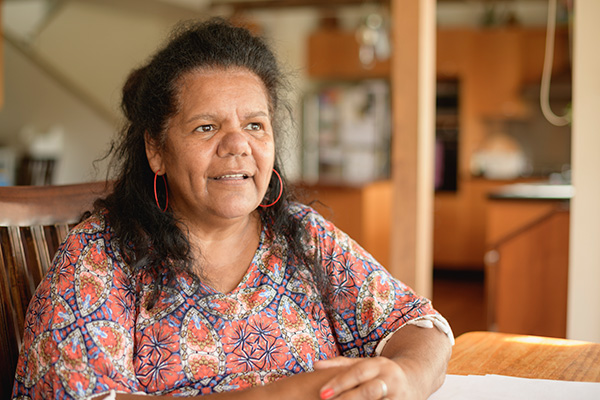Our Research
We have a strong record of success into the research of dementia, depression, Indigenous health, person-centred aged care, stroke, and frailty. Our research has resulted in better care and improved treatments for older people.
Dementia research
Our researchers have discovered the following:
- A lifestyle intervention significantly improved cognitive function in Australians with memory complaints aged 50 years and older. This was a world-first study.
- The benefits of memory clinics for people with dementia led to the establishment of memory clinics in Victoria and Western Australia.
- Smoking causes brain changes and is a risk factor for dementia, and this understanding has advanced our determination of dementia risk factors.
- Physical activity can postpone the onset of further memory decline.


The Health in Men Study (HIMS)
The HIMS project has collected data to create a valuable resource that has led to many important findings. The project is currently looking at men who are ageing successfully and the best ways to ward off frailty.
Indigenous health and ageing
There is a disparity between the health of Indigenous Australians and non-Indigneous Australians which has led to a 14-year difference in life expectancy.
Our researchers have been working in partnership with Indigenous Australians, as well as collaborating with researchers from North America, forming part of the Indigenous Cognition & Aging Awareness Research Exchange.
Some of our key achievements through this research so far include:
- Developing the first dementia or cognitive assessment and depression screening tool for older, remote-living Indigenous Australians.
- Our qualitative research has been recognised by the National Health and Medical Research Council (NHMRC) as being in the ‘Ten of the best NHMRC research projects’, out of 5,000 teams who applied for NHMRC funding.

Dementia Training Australia (DTA)
DTA is a national consortium of four universities, including the University of Western Australia, and led by the University of Wollongong. DTA is has many key research and training responsibilities, such as medication management and looking at dementia among diverse groups.
Our goal is to see all dementia patients, regardless of their location or background, receive high-quality, evidence-based care that enhances their health and wellbeing.